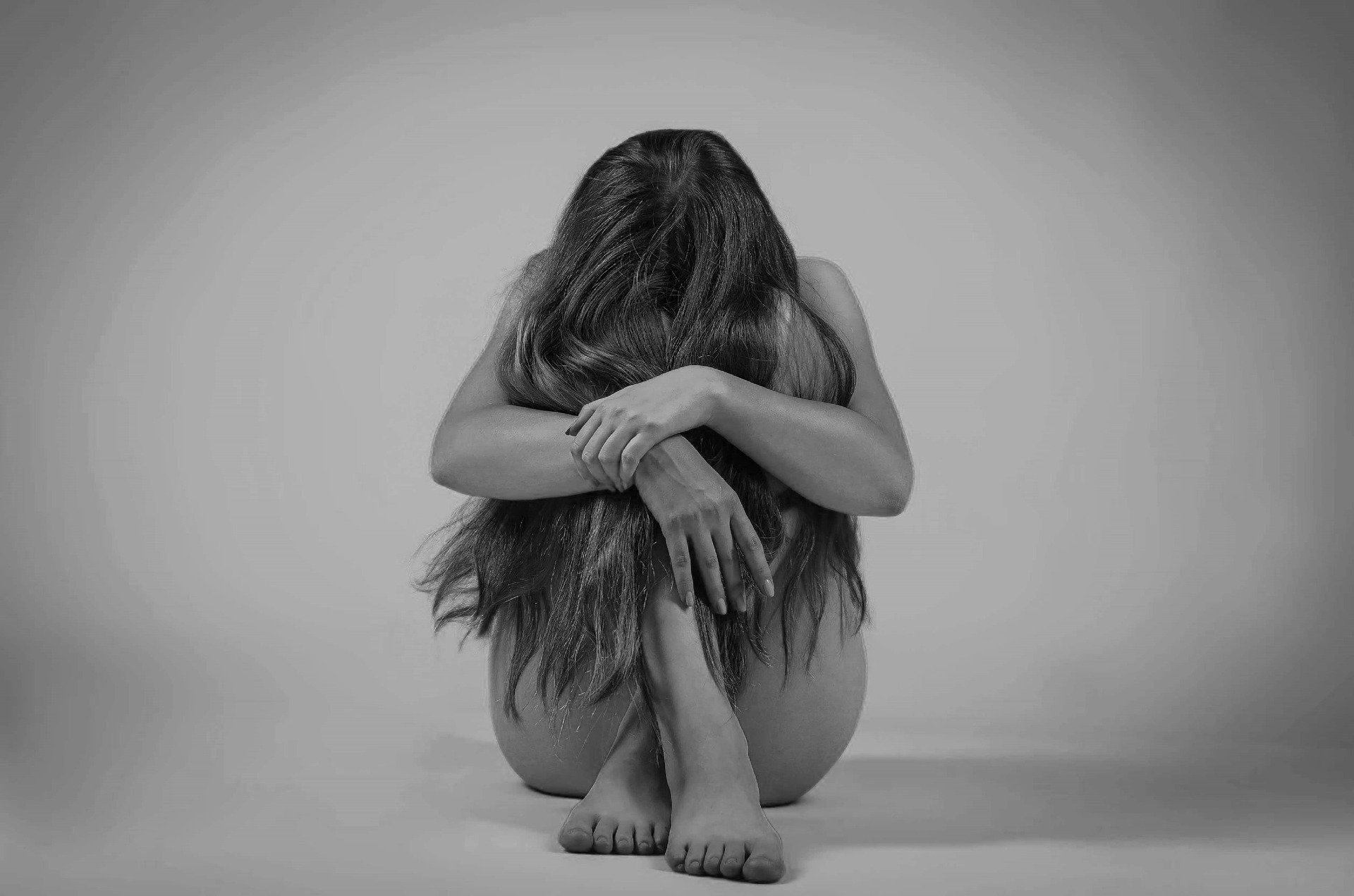
I wasn’t confident about my body.
I remember attending a workshop on body positivity where everyone was asked to write the part of their bodies they liked. And I remember not being able to think of any such area of my body that I liked. My face had a little too much acne, my thighs had a bit too much fat, my belly always seemed to be bloated, my hair was a bit too rough, my eyebrows a bit too thin, and my hands were too small while my feet were freakishly large. Even when I looked like a regular human being, I felt like I looked different from everyone else and had to hide the parts that I didn’t like.
I think I started becoming so self-critical the year I hit puberty. My body was changing, and so was my perception of it. I would have constant self-deprecating thoughts whenever I looked at myself. I would tell myself that my hair was not as beautiful as other girls’ hair or that I would have to lose weight to feel ‘normal’. While feeling awkward about my body might have been natural during puberty, my insecurities began interfering with my routine.
I paid excessive attention to advertisements for weight loss teas and fairness creams that defined beauty for kids my age. The videos featured actresses with “flawless” skin, petite bodies, long straight hair and perfect contours. Those advertisements started making me feel all the more ugly.

I felt as if I was nothing close to an object of attraction with the body I had. I would spend hours just checking my weight and applying products on my face with the hope of achieving unrealistic beauty standards. I preferred looking at myself without spectacles to avoid seeing my flaws. It seemed like the mirror became my best friend because I did spend more time with it than I did with my friends.
My family and culture had conditioned me to believe in and live by unrealistic beauty standards. They achieved it through the trademark snarky comments from my aunts or by the reprimanding stare of my mother telling me to cover myself. I would wear oversized clothing and keep my hair open to hide my face full of acne, as much as I could. I would go to extremes to hide certain features but assumed that they were the first few things people noticed about me. The fear of being invalidated by others forced me to hide from them. I would avoid going out, attending parties or other social events. I would prefer to stay cooped up inside my room just looking at the mirror. I began saying no to food and taking extreme measures to lose weight. It got worse when people praised me for looking thinner. Eventually, getting up became a task that required significant effort. Due to my frustration, I would often get angry at my parents, thinking they did not understand what I was going through.
It was then that out of concern for me and my health, my parents consulted our general physician, who referred us to a psychologist. Soon, I started seeking therapy. It was therapy that helped me realize the irrational basis of my body image issues. The therapist understood me well, and helped me unlearn the false notions of beauty that the advertisements and society had taught me. I was so caught up with the thoughts of attaining the perfect skin and the perfect body that I had not realised that I did not have to change the way I looked. The therapist also engaged me in a number of confidence building activities.
My parents were also called in for a couple of sessions. I started noticing that there was a shift in their perspective as well. They became more accepting of me and the way I looked. My mother started encouraging me to wear clothes of my size. I remember her telling me “You are pretty the way you are. You don’t need to hide anything”. This stayed with me.
With commitment and diligent follow-ups in therapy, I have gradually started accepting and gaining confidence in myself. Now, I strive for happiness instead of a number on a scale.
Rashika Suneja
Be confident and love yourself